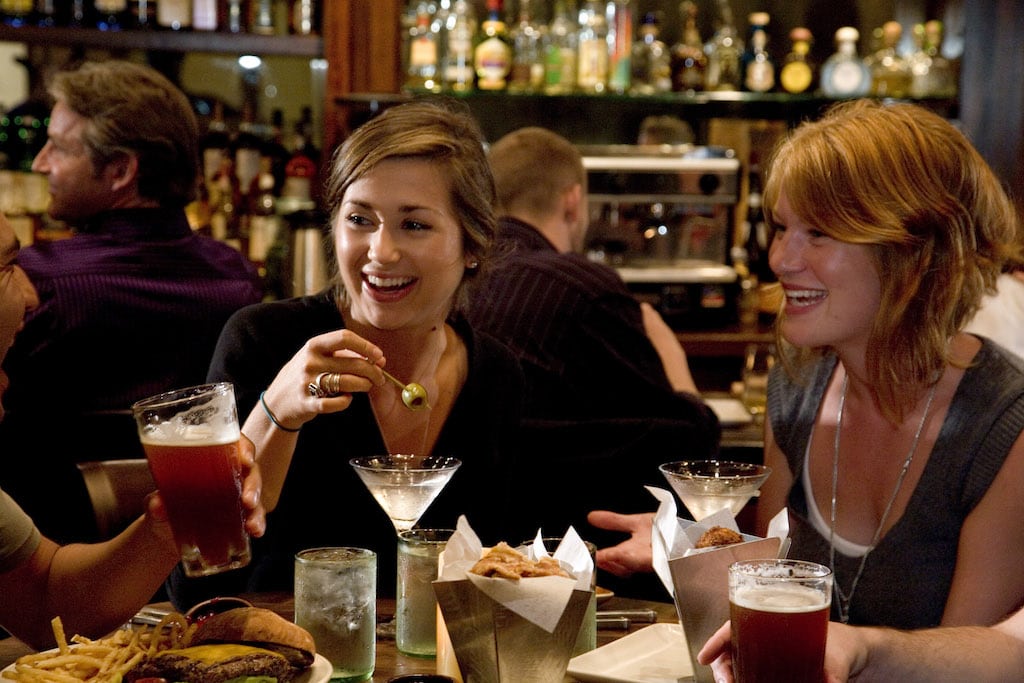Hotels Are Learning How to Succeed From Indie Restauranteurs

Skift Take
Hoteliers are embracing travelers who want hotels to reflect local character and looking to move away from the bland experience of homogenous big box hotels. But hotels are still playing catch up on many restaurant trends that are becoming common across the globe.
Ten flavors of Stoli vodka behind the hotel bar and microwaved chicken fingers at the hotel restaurant are going out of fashion.
Hoteliers are learning from independent restauranteurs about the importance of local culture and varied cuisines to operating a successful hotel restaurant operation.
As a result, more hotels are operating a variety of drink and dining options for guests instead of the homogenous three-meal restaurants and cocktail bars often installed by a hotel's corporate management.
"The global hotel restaurant industry isn't innovative in restaurants, bars and that division of hospitality," said Alex Taylor, SVP o
